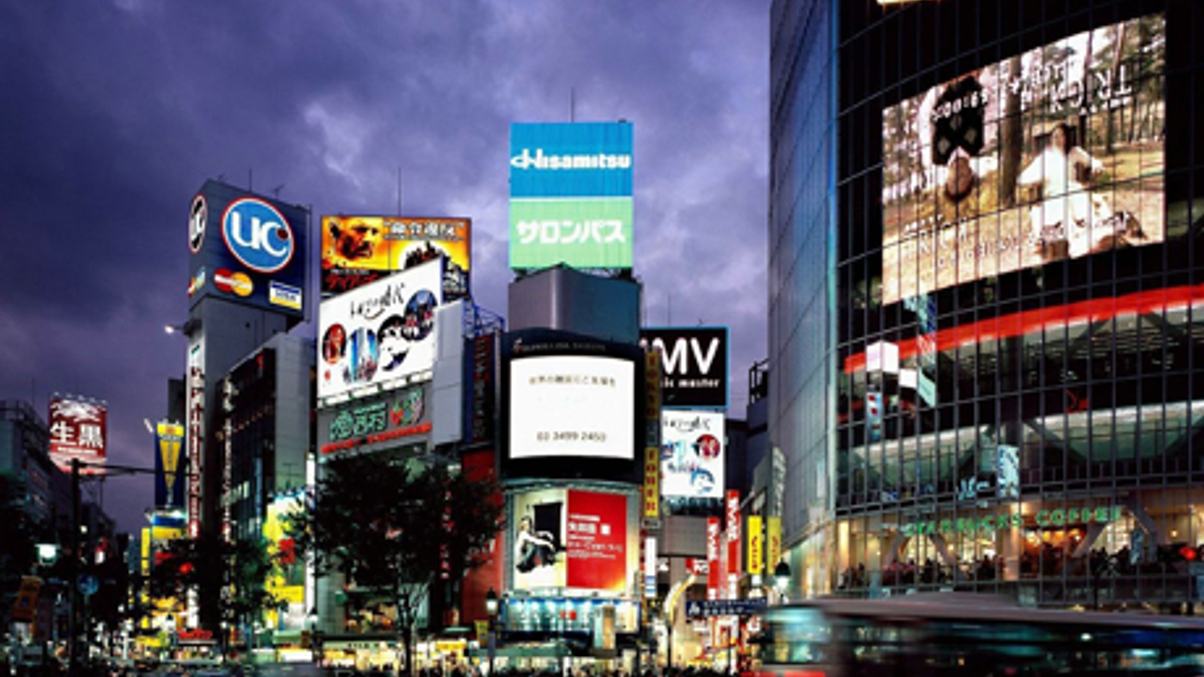Business confidence is back in Japan: Fujimura
The chief investment officer of Sparx Asset Management, Tadahiro Fujimura, sees signs that Japanese corporates have finally changed outlook after two decades of deflation.

The chief investment officer of $7.4 billion Sparx Asset Management, Tadahiro Fujimura, has talked bullishly about a resurgence in business confidence in Japan.
Sign in to read on!
Registered users get 2 free articles in 30 days.
Subscribers have full unlimited access to AsianInvestor
Not signed up? New users get 2 free articles per month, plus a 7-day unlimited free trial.
¬ Haymarket Media Limited. All rights reserved.


